African literature is a rich and varied tapestry of tales, poems, and novels that depict the continent’s cultural heritage and its people’s experiences. African authors have challenged stereotypes and highlighted the complexity and depth of African life in their works.
Unsurprisingly, these authors have been recognized both at home and abroad for their contributions to literature.
Here, we will delve into the works of some of the greatest authors on the continent and analyze the themes, writing techniques, and cultural resonances of their literary works.
Join us on this journey through African literature to meet the authors whose voices have influenced the literary scene on the continent and beyond.
African Authors and Their Literary Works
Chinua Achebe

Chinua Achebe is widely regarded as one of Africa’s most prominent literary figures, having published over 60 books.
His most well-known book, Things Fall Apart, is often cited as a masterpiece of African literature due to its nuance and depth of depiction of pre-colonial African society.
He also wrote the novels “No Longer At Ease,” “Arrow of God,” and “A Man of the People,” all of which deal with issues of identity, corruption, and power.
In addition, Achebe’s writing has influenced countless authors and academics worldwide and has been translated into dozens of languages. He received recognition for his contributions to literature and African culture, including the Man Booker International Prize, the Commonwealth Poetry Prize, and the Nigerian National Merit Award.
Chinua Achebe’s legacy is still motivating and challenging readers today. He mentored and supported other African writers, encouraging and promoting their work.
His open criticism of Nigerian politics and corruption incited the government’s wrath. As a result, he was imprisoned during the Biafran War in the late 1960s.
Innovative Tech Solutions, Tailored for You
Our leading tech firm crafts custom software, web & mobile apps, designed with your unique needs in mind. Elevate your business with cutting-edge solutions no one else can offer.
Start NowChinua Achebe died in 2013 and is still widely regarded as the pioneer of African Literature.
Wole Soyinka
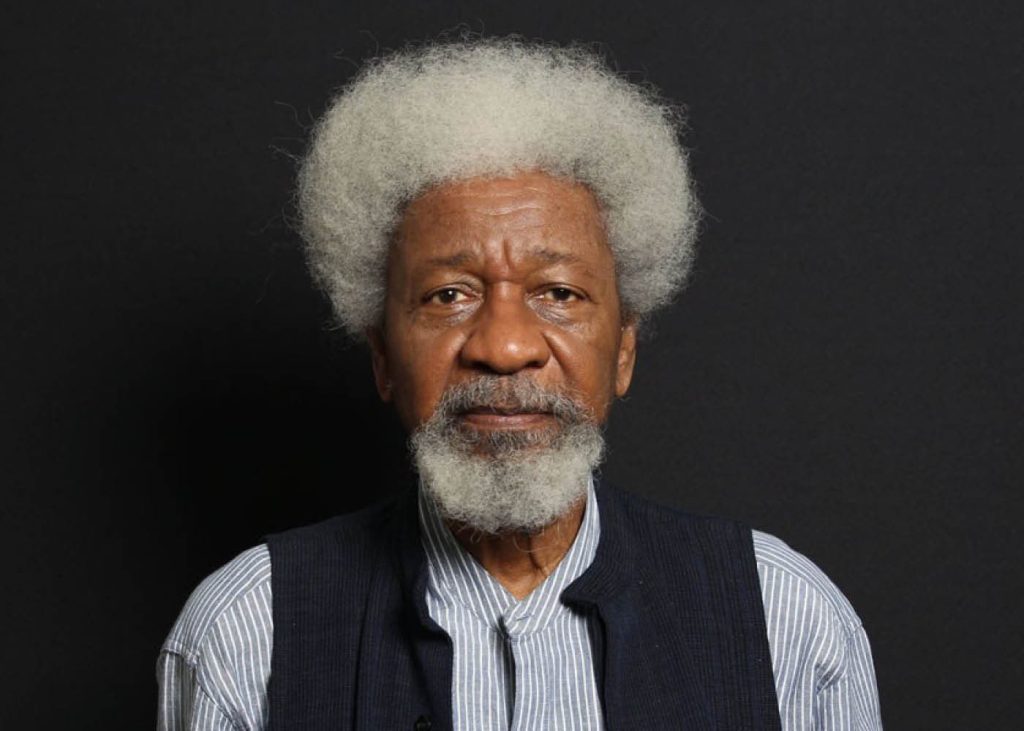
Known for his contributions to African literature, theatre, and political activism, Wole Soyinka is one of Africa’s most well-known and celebrated writers.
Born in Nigeria in 1934, Soyinka has published poetry, fiction, essays, and plays. His works examine issues of identity, power, and politics throughout his literary career, which has spanned over five decades.
The 1975 publication of “Death and the King’s Horseman,” Soyinka’s most well-known play, is frequently cited as a masterpiece of African theatre.
In addition to his plays, Soyinka is an active poet and essayist. His essays offer a sharp analysis of politics, culture, and society.
His poetry also focuses on love, freedom, and the complexities of interpersonal relationships. Writing by Soyinka frequently reflects his political activism, which has included campaigns in support of democracy, human rights, and freedom of expression.
Soyinka has immensely influenced African literature and culture, having been the first African author to receive the Nobel Prize for Literature in 1986. He has also received numerous honors and awards.
This includes the Anisfield-Wolf Book Award and the Benson Medal from the Royal Society of Literature. He is a renowned academic and intellectual, widely regarded as one of Africa’s top public intellectuals.
Soyinka has also lectured at many of the top institutions, including the University of Lagos, the University of Ghana, and other European universities
Read: The Life and Works of Wole Soyinka: A Literary Genius and Political Activist
Ngugi wa Thiong’o
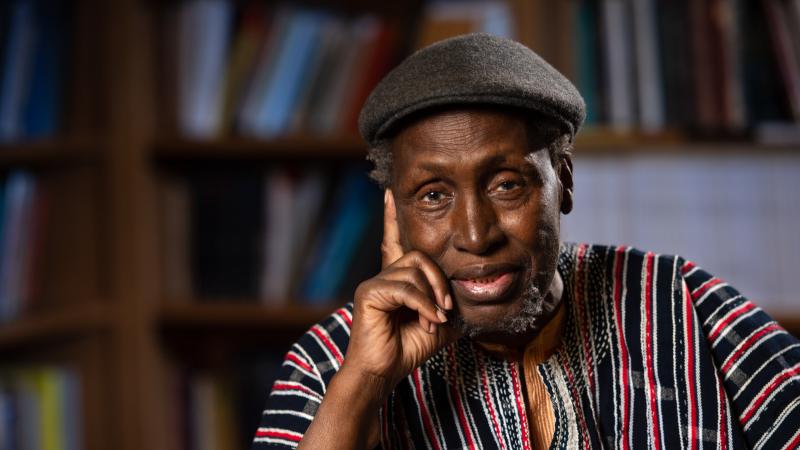
Ngugi wa Thiong’o is a political activist and writer from Kenya. His writing has had a significant influence on African literature and culture.
He started writing in the 1960s, and his works have been studied and translated into many different languages globally. His efforts to decolonize African literature by writing in his native language, Gikuyu, have been one of his most important contributions to African literature.
His most well-known book, “Petals of Blood,” critiques post-colonial African society and examines how colonialism’s legacy still affects African politics and society.
Ngugi has participated in campaigns for democracy and human rights in Kenya and elsewhere. His contributions to African literature and society have been greatly benefited from his support for using African languages in literature and his critiques of colonialism and post-colonial society.
He has won numerous awards for his contributions, including the Nonino International Prize for Literature and the Park Kyong-ni Prize. His legacy continues to challenge and inspire writers and activists around the world.
Seamless API Connectivity for Next-Level Integration
Unlock limitless possibilities by connecting your systems with a custom API built to perform flawlessly. Stand apart with our solutions that others simply can’t offer.
Get StartedBuchi Emecheta
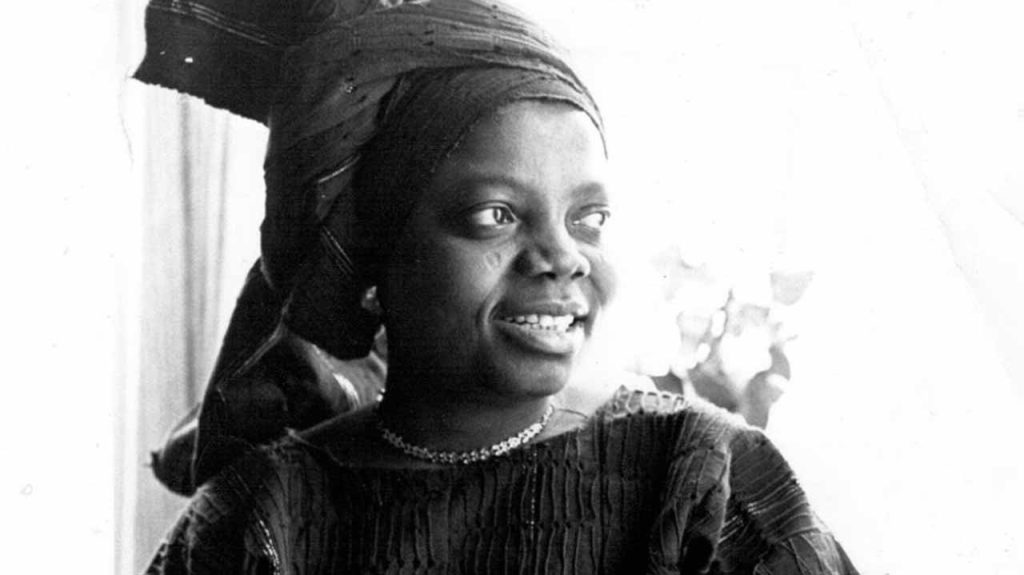
Buchi Emecheta was a British author of Nigerian descent who wrote about issues like identity, gender, and race. She immigrated to London in 1962 and started her writing career while studying sociology.
Her first book, “In the Ditch,” is a semi-autobiographical account of her experiences as a single mother in a council flat in London.
Emecheta’s writing was distinguished by a strong sense of empathy and compassion for her characters. Many of her works examined how people navigate complex social and cultural forces to create their own identities.
She spoke out against sexism, racism, and other forms of prejudice. And through her writing and activism, she paved the way for later generations of African writers and activists.
Emecheta was honored with many awards and accolades, including the OBE (Order of the British Empire) in 2005, in recognition of her contributions to African literature and society.
Chimamanda Ngozi Adichie
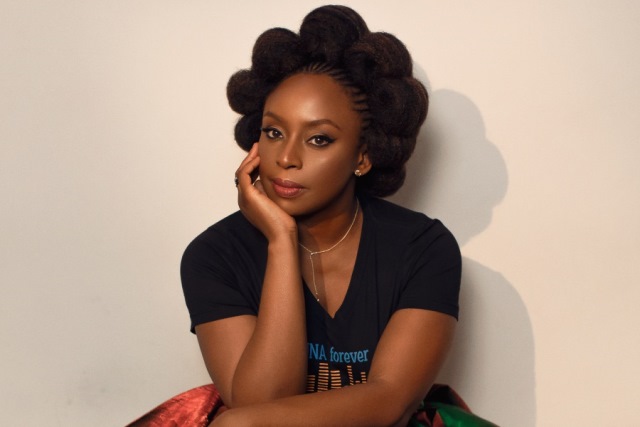
Chimamanda Ngozi Adichie is a Nigerian author known for exploring issues like race, gender, and identity. She was born in Enugu, Nigeria, in 1977 and educated in Nigeria and the United States.
Her writing is renowned for its vivid descriptions, nuanced characters, and insightful examination of social and political issues.
Adichie’s debut novel, “Purple Hibiscus,” was published in 2003, and her second book, “Half of a Yellow Sun,” was released in 2006. Her third book, “Americanah,” was released in 2013 and received high praise for its frank depiction of racial tensions in America and its exploration of the complexities of identity.
Meanwhile, Adichie is well known for her stirring speeches and essays on social and political subjects. She has become a potent force for change thanks to her social justice and equality support.
The MacArthur Genius Grant in 2008 and the PEN Pinter Prize in 2018 are just two of the numerous accolades and awards she has received for her work.
Ben Okri
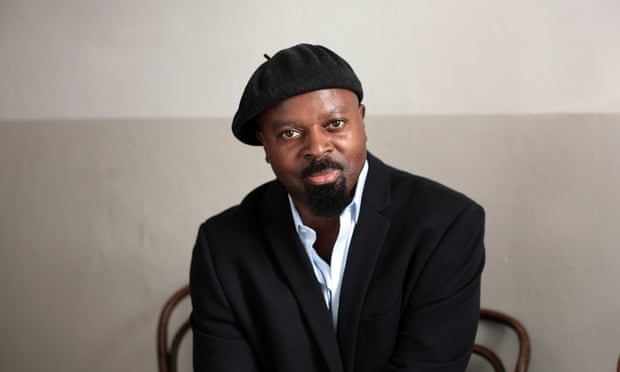
Ben Okri is a prolific Nigerian-born British author known for his profound explorations of politics, spirituality, and the human condition. He has received international acclaim and numerous awards for his novels, short story collections, poetry collections, and essays.
Okri’s works frequently reflect on his personal experiences as a Nigerian living in the United Kingdom. However, he also discusses more expansive issues of identity, cultural clashes, and the pursuit of meaning in life.
Transform Business with Custom CRM & ERP Solutions
Elevate your operations with a CRM or ERP tailored for you. Let’s build the perfect solution that others can't replicate—crafted to match your business's needs like no other.
Get StartedHe is best known for using magical realism and his ability to blend reality and fantasy seamlessly.
Okri has received numerous awards, including the Booker Prize for Fiction, the Commonwealth Writers’ Prize, and the OBE (Order of the British Empire). His novel “The Famished Road” received the Booker Prize in 1991 for its exploration of spirituality.
Besides the acclaimed novel, Okri’s other notable works are “Songs of Enchantment,” “Infinite Riches,” and “A Way of Being Free.” Overall, Okri is regarded as one of the most influential literary voices of our generation.
Read: The Cultural and Artistic Traditions of Africa (Music, Art, and Literature)
Other African Authors and Their Contributions to Literature
There are many other African writers’ works that have significantly influenced literature besides the veterans above. Some of them are:
Binyavanga Wainaina
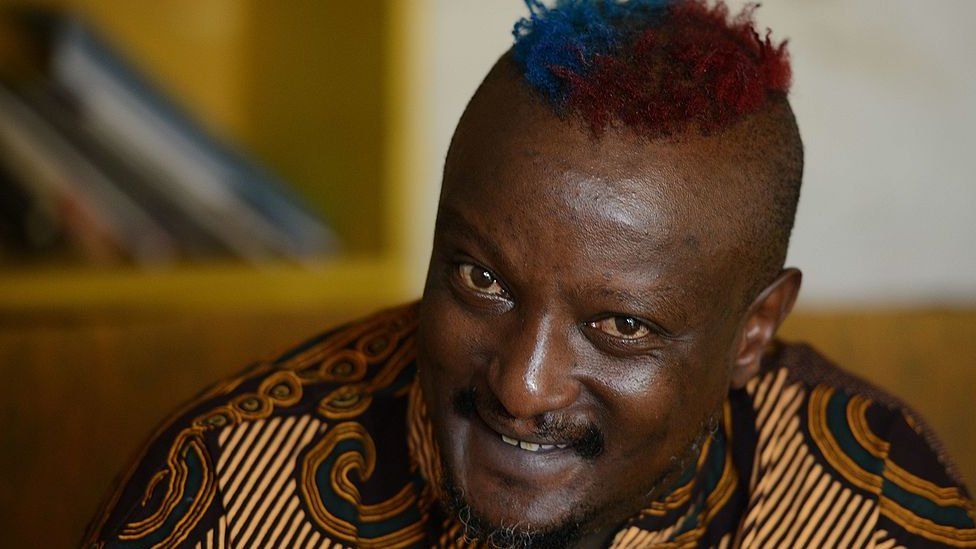
Binyavanga Wainaina was a Kenyan author, journalist, and gay rights activist. His memoir, “One Day I Will Write About This Place,” explores his upbringing and formative years in Kenya. The book provides an insightful analysis of family, identity, and the challenges of growing up in post-colonial Africa.
Alain Mabanckou
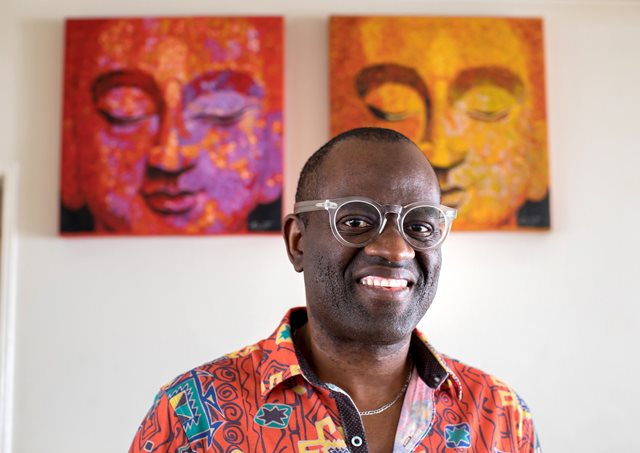
Congolese author Alain Mabanckou is another notable contributor to African literature. His books explore issues like identity, migration, and the effects of colonialism on African societies.
While “Black Bazaar” critically examines the lives of African immigrants in France, his book “Broken Glass” is a powerful exploration of life in the Congo.
NoViolet Bulawayo
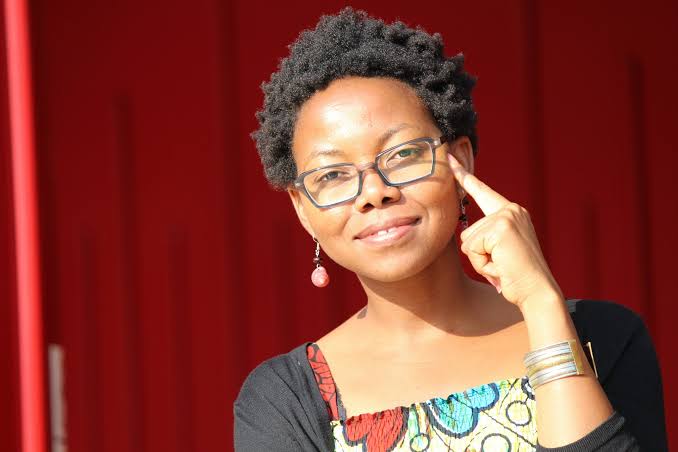
Zimbabwean author Elizabeth Zandile Tshele with the pen name NoViolet Bulawayo is another African writing genius who deserves some merit. While she may not yet be on the same level as the other greats on this list, she certainly has the potential.
Tailored Tech Solutions to Drive Your Business Forward
Maximize your business potential with custom tech strategies. We deliver bespoke solutions that others can’t match, designed to solve your specific challenges with precision and impact.
Contact UsIn “We Need New Names,” her debut book, she explores the experiences of a young girl growing up in Zimbabwe and later as an immigrant in the United States. The book also offers a compelling look at identity, migration, and the difficulties of modern African life.
Yaa Gyasi
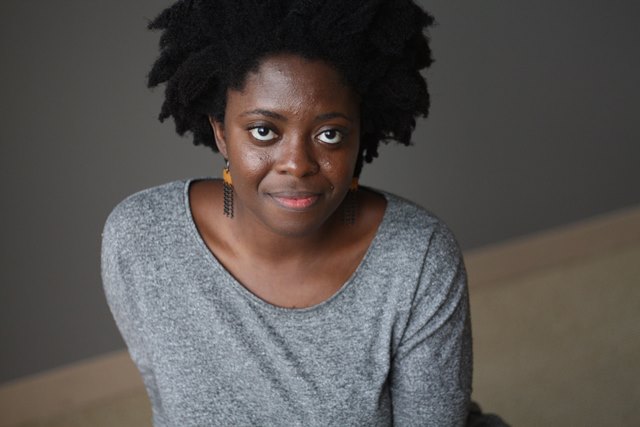
In her first book, “Homegoing,” Yaa Gyasi, a Ghanaian-American novelist, examines the effects of colonialism and slavery in Ghana and the United States.
The story revolves around the lives of two half-sisters, one of whom is kept in Ghana, and the other is sold into slavery. Through their experiences, Gyasi examines how colonialism and slavery’s legacies still impact African and African-American communities today.
Teju Cole
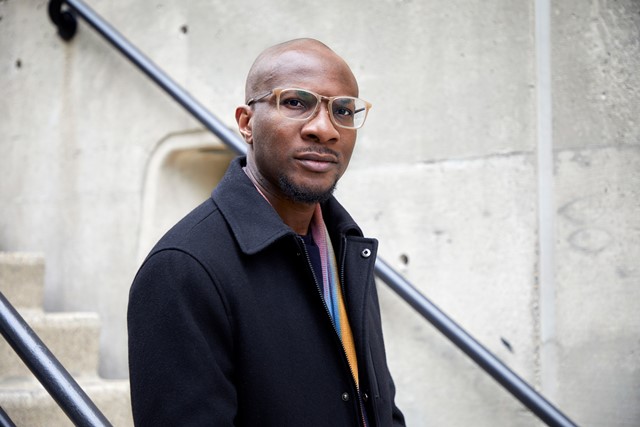
Teju Cole, a Nigerian-American writer, and photographer, also stands out. His work constantly examines racial, political, and identity-related topics.
His debut book, “Open City,” discusses the experiences of a Nigerian-American psychiatrist living in New York City. The book also explores immigration, race, and the influence of history on the present.
African authors provide a rich and compelling exploration of the African experience. Through their works, we can learn new perspectives on the problems that shape our society and start to challenge the stereotypes and preconceptions that still pervade Western culture.
Before you go…
Hey, thank you for reading this blog to the end. I hope it was helpful. Let me tell you a little bit about Nicholas Idoko Technologies. We help businesses and companies build an online presence by developing web, mobile, desktop, and blockchain applications.
We also help aspiring software developers and programmers learn the skills they need to have a successful career. Take your first step to becoming a programming boss by joining our Learn To Code academy today!











